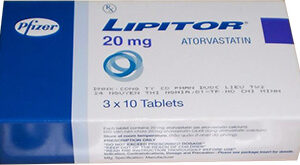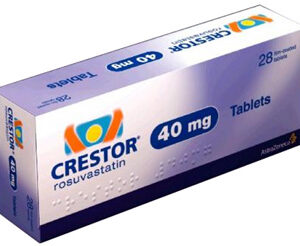Cholesterol Lowering
Medications for lowering cholesterol are designed to reduce the levels of bad cholesterol (LDL) in the blood, which is a key factor in the prevention of cardiovascular diseases such as heart attacks and strokes. These drugs, known as statins, work by inhibiting an enzyme in the liver that is responsible for cholesterol production. Statins are the most commonly prescribed medication for managing high cholesterol levels and have been proven effective in reducing the risk of cardiovascular events.
In addition to statins, other classes of cholesterol-lowering medications include bile acid sequestrants, which work by binding to bile acids and removing them from the body, forcing the liver to use more cholesterol to produce bile acids, thus lowering the cholesterol levels in the blood. Another option is cholesterol absorption inhibitors, which prevent the absorption of cholesterol from the diet in the intestines. There are also PCSK9 inhibitors, a newer class of drugs that significantly lower LDL cholesterol levels by enhancing the liver’s ability to remove cholesterol from the blood.
The practical application of these medications involves a comprehensive approach that includes lifestyle modifications such as a healthy diet, regular exercise, and quitting smoking. It’s important for patients to understand that while these medications are effective in lowering cholesterol levels, incorporating healthy lifestyle habits can enhance the effectiveness of the treatment and further reduce the risk of cardiovascular diseases. Patients should work closely with their healthcare provider to determine the most appropriate medication based on their health condition, potential side effects, and interaction with other medications they may be taking. Regular monitoring of cholesterol levels and adjustments to the treatment regimen may be necessary to ensure optimal management of cholesterol and overall heart health.
Showing all 2 resultsSorted by average rating




